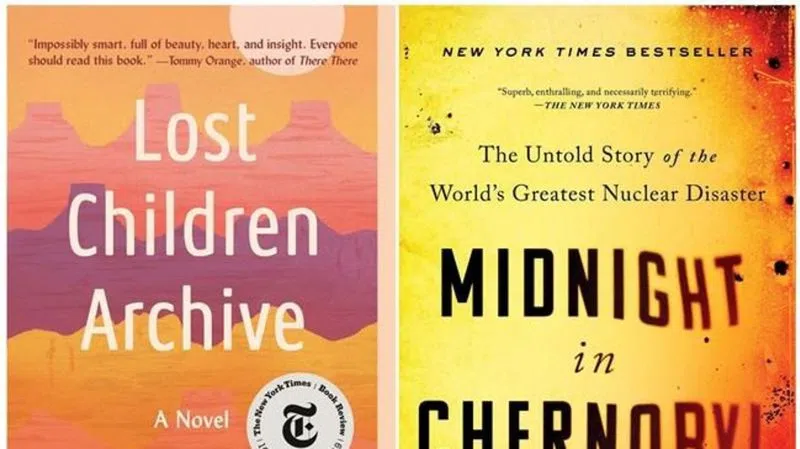
Librarians honour books by Luiselli and Higginbotham
NEW YORK — Valeria Luiselli’s novel “Lost Children Archive” and Adam Higginbotham’s nonfiction “Midnight in Chornobyl” have been awarded the Andrew Carnegie Medal, a $5,000 prize presented by the American Library Association.
The awards for fiction and nonfiction were announced Sunday and honour two of last year’s most acclaimed books. “Lost Children Archive,” a finalist for the National Book Critics Circle prize, blends fiction and documentation as it probes the fates of refugee children. “Midnight in Chornobyl” recounts the 1986 nuclear power disaster and the Soviet Union government’s desperate efforts to conceal it.
“We hope that librarians will find the two Carnegie winners to be powerful and fruitful titles to recommend and discuss,” prize committee chair Donna Seaman said in a statement. The awards were announced during the library association’s annual mid-winter meeting, held this year in Philadelphia.
Previous Carnegie medal winners include Colson Whitehead’s “The Underground Railroad” and Bryan Stevenson’s “Just Mercy,” adapted into a feature film that is now in theatres.


